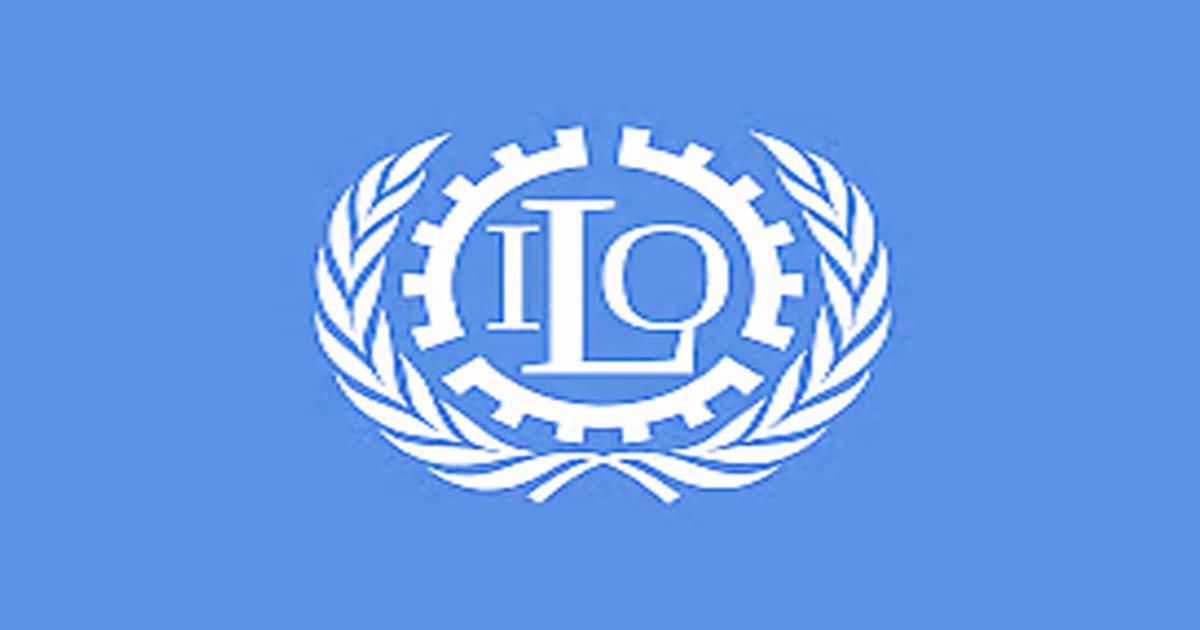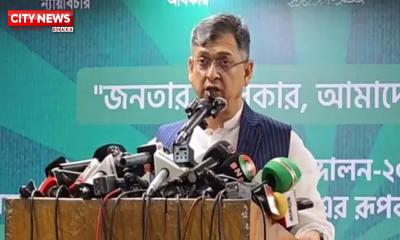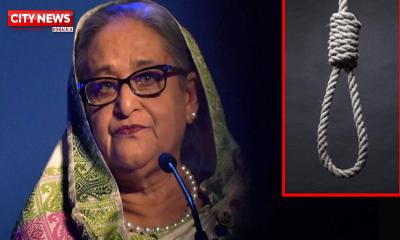Convention 155: Occupational Safety and Health Protection. · Convention 187: Promotional Framework for Occupational Safety and Health Convention. · Convention 190: Violence and Harassment Convention.
Bangladesh is set to formally ratify three conventions of the International Labour Organization (ILO) together. According to the Ministry of Labour and Employment, this will help ensure workers’ occupational safety and health protection, while also reducing workplace violence and harassment. However, factory owners hold a different view on the matter.
The conventions are Occupational Safety and Health Convention, 1981 (No. 155), Promotional Framework for Occupational Safety and Health Convention, 2006 (No. 187), and Violence and Harassment Convention, 2019 (No. 190). Of them, convention no. 155 and 187 are ILO’s fundamental conventions, adopted as such in 2022.
Bangladesh Legal Aid and Services Trust (BLAST) welcomed this initiative taken by the interim government. In a notice, BLAST’s honorary executive director Sara Hossain said that rights-based organisations had long been calling for the ratification of these conventions.
Once ratified, the scope of workers’ safety rights will be more clearly defined, and it will become easier for workers to seek remedies in cases of violations. However, the notice stressed that the government must focus on enacting or amending laws to implement the conventions effectively.
When will the ratifications be signed?
The decision to ratify the three conventions was taken at the Advisory Council meeting on 24 July, chaired by Chief Adviser Professor Muhammad Yunus. The signing is scheduled to take place within this month.
Labour and Employment Adviser Brigadier General (retd) M Sakhawat Hossain will sign the conventions in the presence of the chief adviser. Later, he will hand over the ratification instruments to ILO Director-General Gilbert F Houngbo at the ILO headquarters in Geneva, Switzerland.
The Ministry of Labour and Employment has already written to the chief adviser’s office requesting the date and time of the signing ceremony for the ILO conventions.
Labour Secretary Md Sanwar Jahan Bhuiyan told that Bangladesh will soon ratify the three ILO conventions and preparations are underway. Once carried out this will boost Bangladesh’s global image, he said.
How many have been ratified so far?
The ILO was established on 19 April 1919 under the Treaty of Versailles and currently has 187 members. In 1946, it became a specialised agency of the United Nations. In 1969, the ILO received the Nobel Peace Prize for its work promoting peace and justice among working classes in developing countries.
So far, Bangladesh has ratified 36 ILO conventions, including eight fundamental ones, and one protocol. Among them, 31 are currently in force.
On 7 June last year, Bangladesh was elected, unopposed, for the 2024-27 term to the ILO Governing Body. Previously, Bangladesh had served as a member during 1996-99 and 2008-11 terms as well.
However, Bangladesh Knitwear Manufacturers and Exporters Association (BKMEA) president Mohammad Hatem told , “We don’t understand why the government is voluntarily ratifying three ILO conventions during such an unstable period. Countries like the United States and India haven’t ratified Convention 190. In the interest of the nation, the government should reconsider ratifying these conventions.”
Occupational safety and health
The ILO adopted the Occupational Safety and Health Convention (No. 155) in 1981. To date, 83 member states have ratified this convention. No South Asian country has done so yet.
If an OSH (Occupational Safety and Health) culture develops in the workplace, it will enhance the country’s image globally and help build trust with international buyers and brands. Ratification of this requires member states to formulate a national occupational safety and health policy, making employers responsible for ensuring workers’ safety and health.
The process of bringing these conventions to the stage of ratification took more than a year, with the efforts of the labour adviser and the outgoing Labour Secretary AHM Safiquzzaman. He told that ultimately, it would be the factory owners who would benefit most from ratification of these three conventions. With few exceptions, almost all factory owners have agreed to this.
Improvement of occupational safety and health
ILO Convention 187, adopted in 2006, is also related to OSH and is closely aligned with Convention 155. So far, 69 member states have ratified it, though none from South Asia.
This convention’s objective is to help member states develop and continuously improve workplace safety and health systems. Ratifying it will oblige employers to take stronger measures to prevent occupational injuries, diseases, and deaths of labours.
Preventing workplace violence and harassment
ILO Convention 190, adopted in 2019, has so far been ratified by 49 member states. Its ratification is expected to protect workers, especially women in the garment industry and other sectors, from harassment and abusive behaviour. Employers too will benefit from protections against harassment.
Bangladesh’s High Court issued a directive in 2009 consistent with Convention 190, and according to sources the Ministry of Women and Children’s Affairs is currently drafting new regulations in line with it.
Labour Reform Commission chief Syed Sultan Uddin Ahmed said that ratifying the three conventions would enhance Bangladesh’s global reputation while increasing accountability on the part of both workers and employers.
When asked why Bangladesh is moving ahead with ratification of Convention 190 while countries like the US and India have not, Sultan Uddin Ahmed replied, “Those countries never had a Rana Plaza or Tazreen Fashions tragedy. They don’t file cases against 48,000 anonymous workers, only to later withdraw them. Their workers don’t have to protest for wages and face water cannons. No one in those countries is beaten to death over stealing a vest. For Bangladesh, ratifying Convention 190 and the others will benefit not just workers, but employers as well.”


















Comment :